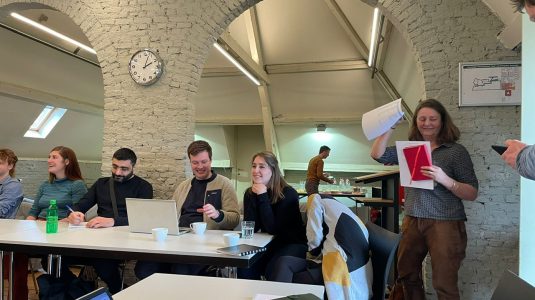Nils Mulvad is Editor at the journalistic research and analysis bureau Kaas & Mulvad, associate professor at The Danish School of Media and Journalism. In his work, he focusing on Freedom of Information (FOI), data journalism and media development. At the upcoming VVOJ conference in Kortijk, Nils Mulvad is due to speak about research and journalistic freedom. Part 2 in a series about speakers and trainers at the upcoming VVOJ conference in Kortrijk.
You specialize in new methods of investigation, using the Internet and mobile devices. Are there ‘old’ investigative methods, which young journalists do not do or use anymore, while in fact they should?
The young journalists are in general better educated compared to older generations. But the time for doing stories is getting shorter and shorter. And the interest for investigative stories and good quality journalism are declining.
Hopefully we will find new ways to engage people in these important stories.
Actually I think the possible audience for good quality journalism is rather high – we just need to be better to distribute it.
On October 20, there will be a debate, organized by the VVOJ, about online journalism, on the theme: “Online journalism, is it still immature or do we expect to much?” The debate focuses on the quality of online journalism, which many feel is insufficient in Belgium and the Netherlands. What do you think – is online journalism not yet mature? Or are our expectations too high?
In some way, ‘online journalism’ is really old media. In Denmark I was part of the team making the first online version of a news media in 1995 (Morgenavisen Jyllands-Posten). It was pretty much at that time media round the world began to make online journalism. But still so much can be done better.
We need to know more of what people actually are reading and watching, and how they find it. We already collect some data on that, but this need to be done much more and directly related to the way we investigate and tell stories.
Most online journalism has been developed by traditional news media. Their primary goal is, in most cases, the paper version or the broadcast.
The development of online (better said: wireless) quality journalism on sustainable business platforms is waiting to take off.
What we also see is that some of the interesting news media on the web and social media are not connected to traditional media development. Somebody is taking our place. And they do it well.
In an interview you gave in April of this year, you mentioned how a financial analyst exposed Bernard Madoff in 1999. You said that a journalist should actually have done something like this. Do you think the current generation of journalists is sufficiently equipped and skilled, when it comes to datajournalism, to expose another Bernard Madoff, or a similar scandal?
No. Or perhaps very few.
You are a board member of the Global Investigative Journalism Network. Which countries are the most innovative and progressive, when it comes to investigative journalism and datajournalism?
I think the development in US is really exciting, both with investigative journalism and data journalism. All the new centers are booming in US. We now see this is spreading to South America, Europe, Asia and Africa. We see a lot of the good journalists and editors starting to work in these centers. There is in fact a huge growth in good investigative journalism around the world.
Governments and international corporations have money (read: power), and journalists and media have increasingly less (read: are increasingly powerless). Cross-border journalism and international cooperation are often presented as means to counter this imbalance. It should ‘arm’ journalists to continue in-depth reporting about increasingly powerful corporations and governments. Is it sufficient? Or are we, journalists, fooling ourselves?
Journalists have been very late in doing this cross-border work, and it still needs to be spread to a lot of topics. We really need to improve the way we do cross-border work. I think we are often fooled, but on the other hand we really see a rapid improvement in these networks and cooperations.







